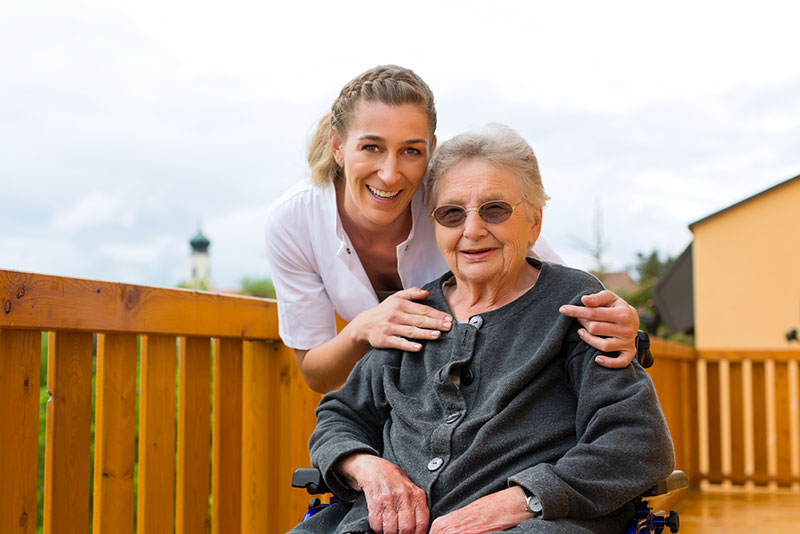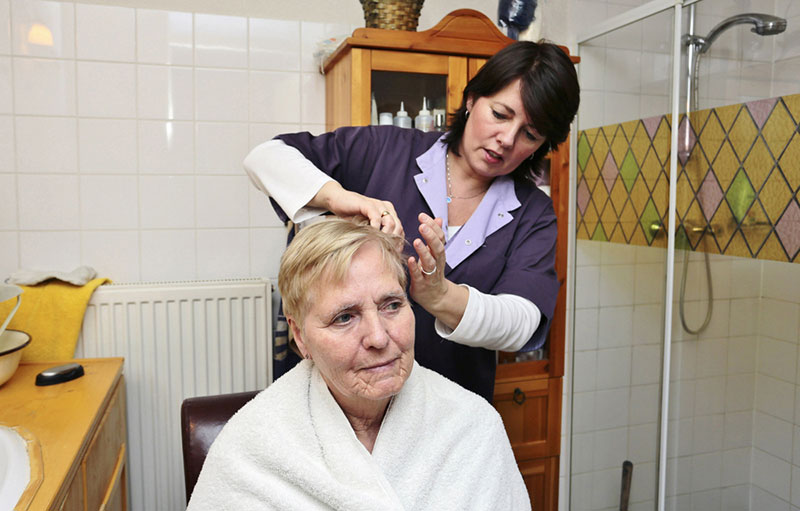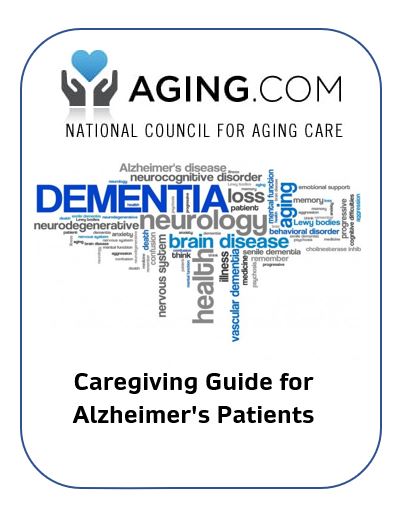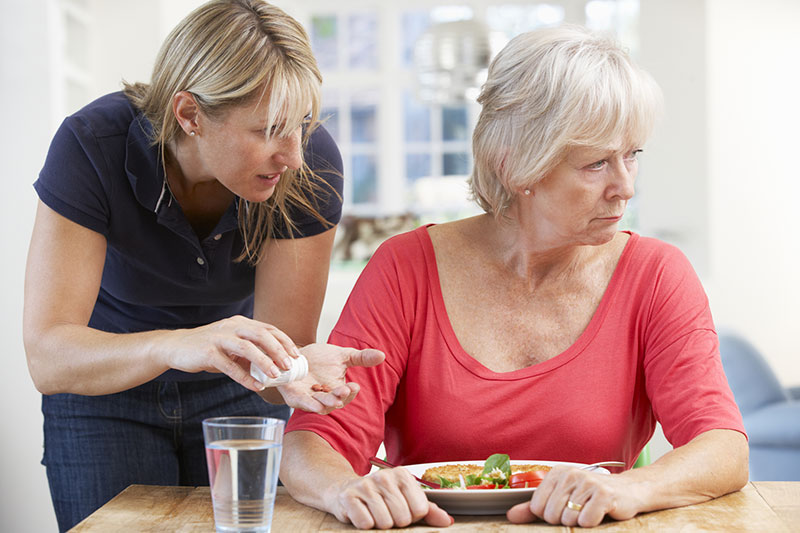Is it time for Home Care?
10 Signs that a Senior Needs Help
- Difficulty Standing or Walking with an unsteady gait
If you have noticed your parent or loved one is having a hard time standing up out of his or her favorite chair or holding onto furniture or walls walking through their home, it’s a sign they need help. While this may seem like a small thing that can be explained by arthritis or stiff joints, if it persists and is commonplace, they could find themselves stuck for hours if they cannot get up on their own. By preventing a fall in the first place, your loved one will have a much better chance to remain healthy and in their chosen environment.
- No Longer Drives Safely
Driving gives us a great sense of independence, and most of us cherish the ability to do it. But for older adults there eventually comes a time when age-related conditions make it impossible to drive safely. Asking someone give up their car keys can be difficult, sometimes terribly so. If you can be available a few days a week to help with errands and get them to appointments and social events, this can ease the transition. Older adults enjoy the company and often feel relieved that they no longer need to drive to get where they need to go. If you cannot be available, engaging a home care aide to take the wheel is an available solution.
- Bruising or Wounds
When seniors start to have trouble walking, dressing, or cleaning on their own, it tends to show up as unexplained bruises or wounds on their body. Evidence of falls, slips, or accidents in the home can be clear signs of the inability to remain stable.
Although your parent may play them off as nothing, it is your job to know that anyone who is being injured in his or her own home – needs some level of in-home care and assistance.
- Bathroom Accidents
Soiled pants or underwear, messed bathrooms, and an unpleasant body odor are all signs that your loved one is having difficulty using the bathroom on his or her own, and needs compassionate assistance to maintain their dignity and quality of life.
- Falling Behind on Daily Tasks or Personal Hygiene
If you notice your loved one’s once tidy house is cluttered and dusty, their bills are unpaid, or they are falling behind on personal hygiene, it’s a clear sign they are overwhelmed and in need of help. Whether due to mobility limitations or changes in cognition, older adults with diminishing capacity find household chores, planning and organization, or personal care (such as dressing and bathing) more challenging or even unsafe to tackle. If you are not available to help them perform these daily tasks yourself, you might explore moving them to assisted living. The alternative is to remain home and bring in a qualified and certified homecare aide who will help with housekeeping, personal hygiene and ensure your loved one is safe and comfortable.
- Struggling with Meals
Has your loved one lost their interest in cooking or stopped eating regular meals? Has their refrigerator recently begun to look sparse or is filled with only ready to eat snacks? These are signs someone has lost the desire or ability to cook for themselves. While it is common for our metabolism to slow and our appetite change as we age it is important that older adults get the nutrition they need to stay healthy.
- Forgetfulness & Confusion
We all forget things. Admittedly, some of us more than others. This writer included. And, as we age the ability to forget and misplace does get greater. But when a parent starts to forget important critical things that they routinely handled well in the past, like whether or not they’ve taken vital medication or how to turn off the stove, these can be a symptom of Dementia and the condition can quickly become dangerous. Aging people who get lost, frustrated, or angry can be displaying confusion. These can be signs of the onset of Alzheimer’s and dementia and may warrant home care.
- Extreme Moodiness
Severe mood swings or moodiness can be a sign that your parent is suffering from the beginning stages of Alzheimer’s or depression. Hiring an in-home caregiver can ensure that your parent has someone around to monitor these symptoms and sound the alarm if they get worse or change drastically.
- Lonely or isolated
If your loved one lives alone and is noticeably less active and social than they used to be, it could be time. Older adults experiencing isolation and loneliness are known to have a higher risk of mortality and also increase risk of dementia and depression.
- Wandering
If your parent or loved one has begun to wander out of the house and get lost, getting help to monitor is critical, both for the senior’s safety and your own peace of mind.
Dealing with Acceptance of Home Care
At some point – any of us may need help with daily living.
And for many of us – it can something hard to accept.
There is a strong connection between a person’s feeling of independence and their sense of self-worth. Being mindful of this connection and sensitive to the deep impact losing the ability for self-care will have on most all of us will make you ultimately more successful in assisting them.
If it’s at all possible for you to plan ahead – consider introducing the idea of adding a little care at home early and build gradually.
You might start with a Personal Care/Companion aide to help with basic household chores a few hours or days at a time.
Personal Care aides can share walks and help elders complete less enjoyable chores like laundry, dishes, vacuuming, or taking out the trash. Most all of us welcome this type of assistance and quickly become grateful for it.
Then, as their need changes you can more easily increase their care assistance over time. Using this approach, as the care aide builds a bond with your loved one, they naturally come to accept care from others without experiencing the associated feelings of insecurity and loss of independence that often come with the discussion of home care or assisted living.
Life is a journey. The people of O’Connell Care – do care. If you’re thinking of home care for yourself or a loved one, please explore how we might help you.






